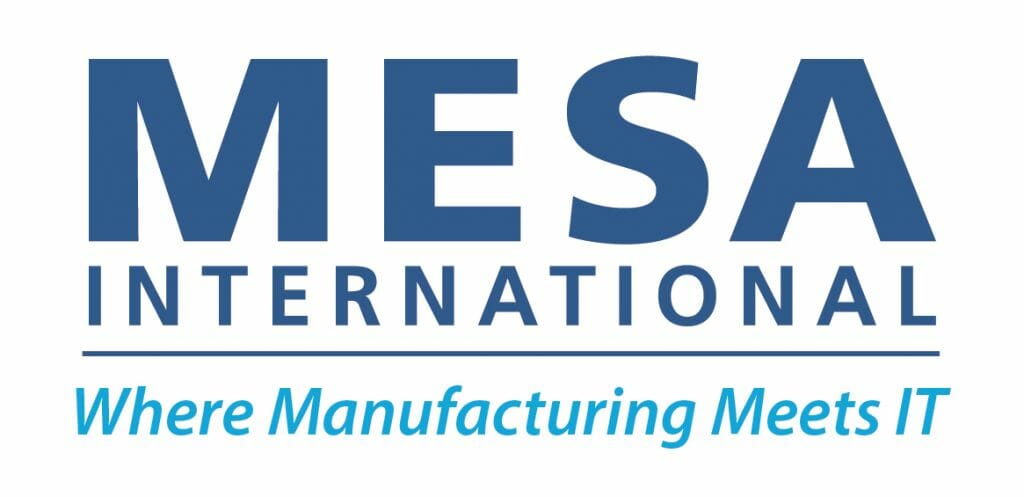8:30am ET
Welcome & Highlights for the Day
John Clemons, Uwe Kueppers, Khris Kammer
8:45am ET
Keynote Address: "E2E Transparency in the Supply Chain"
Tarun Rana, Henkel Chemicals Company
I will speak about E2E transparency in general, market trends, needs and importance. Then followed by E2E transparency as wider part of supply chain and zooming in on manufacturing. Lastly, I will bring one use-case that we have done, followed by key-takeaways on how other organization can generate required level of transparency in their operations.
9:30am ET
Smart Manufacturing Model: "Smart Manufacturing and the Connected Factory Worker"
Everett Clemons, Rockwell Automation
The traditional manufacturing work environment is transforming into a high-tech, cyber-connected environment. Factory workers must have the tools, technologies, and work processes to drive effective and efficient manufacturing operations. Smart Manufacturing is the cornerstone for the connected factory worker.
10:00am ET
Success Story: "Rockwell Automation's Digital Transformation Journey"
Stacy Feeley & Ken Marapese, Rockwell Automation
Take a look at how Rockwell Automation implemented MES as the backbone of their Digital Transformation. We will explore how Rockwell implemented this strategy at 20 sites worldwide.
10:30am ET
Smart Manufacturing Model: "Operator Intelligence - What Does this Really Mean?"
Tim Gellner, Rockwell Automation
As manufacturing processes become ever more complex what methods are available to achieve; improvement in performance, decrease process errors, boost quality, and decrease cost? The answer to this question is often to use technology to drive the production processes (e.g., ERP, MES, PLM, process automation and historians etc.). When implementing these technologies, the decision must be made concerning the operational philosophy of those systems. One train of thought is to make the MES the overarching master of all of the operator’s actions and guiding the operators in step (requires a low degree of operator intelligence). Another train of thought is to design the MES such that it provides the basic information the operators need and letting the operators “operate” (requires a high degree on operator intelligence).
11:00am ET
Success Story: "Practical Analytics for Digital Transformation"
Chris Monchinski, Automated Control Concepts
The potential impact of Industrial AI cannot be understated. The manufacturing sector alone can expect to increase profits by upwards of 40% by 2035 with the application of analytics technologies (AI/ML). There is however, tremendous inertia in industry to apply these technologies. Many end users may not feel they have defined the correct scope and use cases to best utilize these technologies. Likewise, end users may believe they don’t have the experience to implement and operate an analytics tool set to benefit their business.
At MESA, Analytics Working Group contributors has witnessed several examples of success in the application of analytics technologies. There are a common set of themes that drive all of these successes. During this presentation, we would like to demystify what the practical application of analytics in industry looks like today. In doing so, we wish to impart to all a pragmatic, goals-based approach to evaluating, implementing and operating analytics engines to successfully support operational objectives. The application of analytics technologies need not be a mystery, rather it's is something that all industrial and manufacturing companies need to be using today.
Expect to learn that analytic tools are ready to be applied today to solve operational issues. The use of analytics in manufacturing operations is not magic, but rather the application of rules-based algorithms and tools to automate the processing of data and provide accurate, repeatable, and actionable answers for operations. Examples of current applications will be shared.
11:30am ET
Smart Manufacturing Community: "Smart Manufacturing, Digital Threads & Digital Twins"
David Hinkler, Thermo-Fisher Scientific
In recent years, the convergence of Manufacturing Designs and digital technology has paved the way for transformative innovations in many industries. One such promising advancement is the development of digital twins and digital threads (DTDT), which hold immense potential to revolutionize manufacturing industries. The combination of Design for Manufacturing (DFM) and the adoption and implementation of a cutting-edge DTDT solution is well overdue. This discussion will review the DFM structured methodology within vertical Industries and apply it to enhancing the overall process of designing, implementing, deploying, optimizing, and scaling DTDT solutions.

